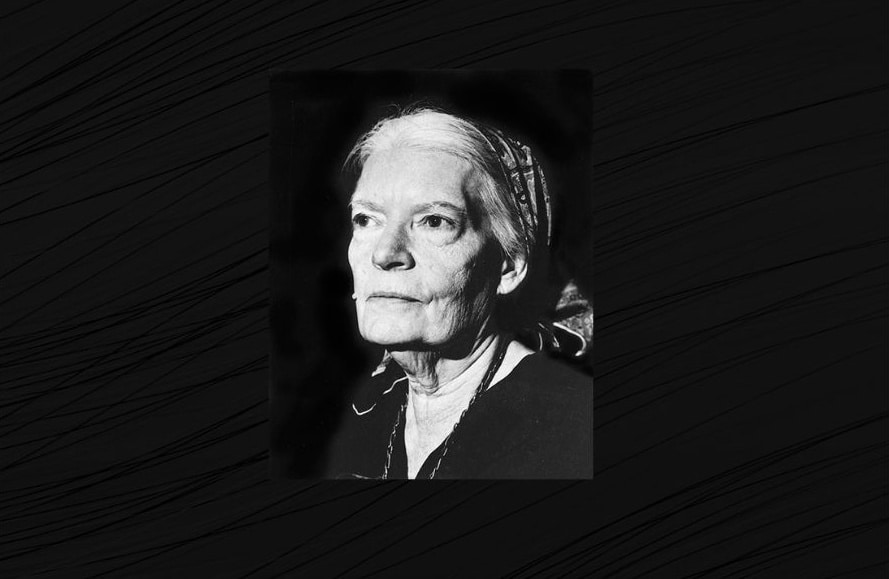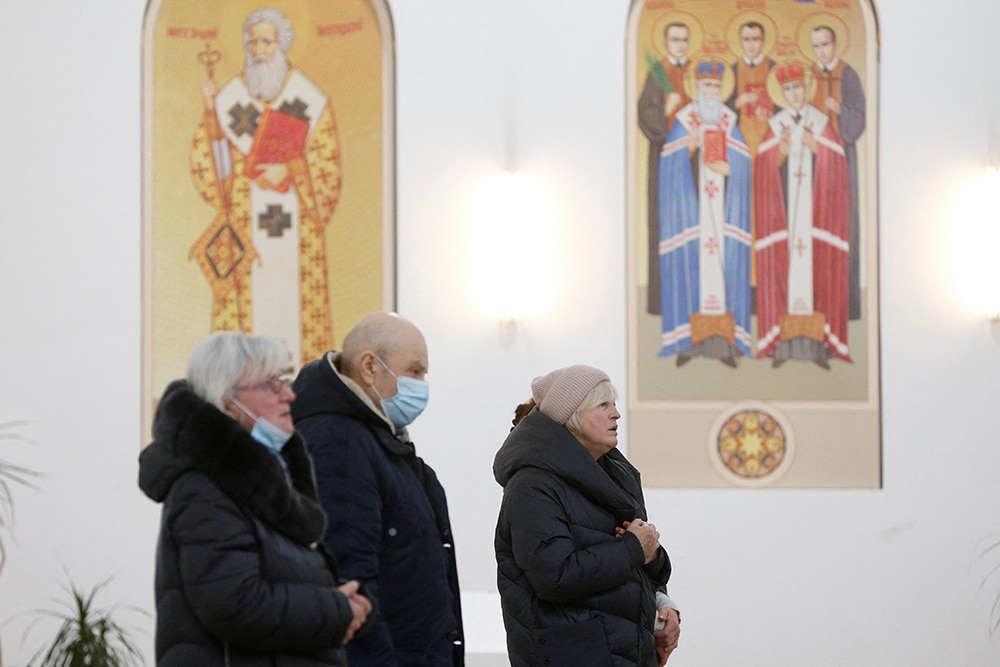 “I only love God as much as I love the person I love the least.”
“I only love God as much as I love the person I love the least.”
These words, once spoken by Dorothy Day, are rooted in today’s Gospel. In fact, they are today’s Gospel.
And when Dorothy puts the Gospel this way, we want to say, “Wait! What?” And if we do wait and listen, perhaps we hear the Gospel with a new clarity. Dorothy makes something familiar radically new. She invites us to ask ourselves: “Who do I love and how do I love them? Who do I love the least? Is that really how I love God? How can that be so?”
Christ told us to love one another just as he loved us. And we know how that was: Entirely. Completely. Even foolishly. Or, in the words of today’s Gospel: Without measure.
There is no calculus that could help us discern the extent of God’s love for us. It is infinite; without measure. Indeed, we could say even more: It is unimaginable.
| February 20 – Seventh Sunday in Ordinary Time |
|---|
|
1 Sm 26:2, 7-9, 12-13, 22-23 |
At least until it is revealed to us. Then we can begin to imagine and maybe even understand God’s love for us and for our neighbor. For every single person. God communicated his love for us with his own life and death. To contemplate Christ upon the cross is to contemplate a love that cannot be measured — and, more, a love that was not measured out by God a little here and a little there.
Christ says that is how we should love one another. This does not mean to love the one we “love the least” more, but without measure — as God does. This love for “the least” would then give rise to a gratitude for God’s love. Our love would become an expression of gratitude, a form of praise and thanksgiving.
Dorothy Day puts it this way in her column “The Pearl of Great Price”: “The reason for our existence is to praise God, to love him and serve him, and we can do this only by loving our brothers and sisters. … This is the great truth that makes us realize God.”
Wait? What? Does that mean loving our neighbor, friend and enemy alike reveals God? And in that same moment of loving we come to imagine the unimaginable love of God’s death on a cross? Yes, that is what it means!
Dorothy also gives us a striking example of the lived praise that realizes God’s love. In 1957, Dorothy spent 30 days in jail for picketing. She wrote about her experience in jail in the Catholic Worker newspaper:
“We were, frankly, hoping for jail. … Then we would not be running a House of Hospitality, we would not be dispensing food and clothing, we would not be ministering to the destitute, but would be truly one with them. … Noise, perhaps that is the greatest torture in jail. It stuns the ear, the mind. It took me a week to recover from it after I came out. The city itself seemed quiet. … Next year, perhaps, God willing, we will again go to jail and perhaps too conditions will be the same.”
Wait! What? Dorothy desired to go to jail? Again, a clarity: Yes! She desired to be “one with” those loved least, as the Gospel shows us God himself had become. Dorothy imitates God’s own mysterious will to love and opens it for our contemplation. “Be merciful, just as your Father is merciful.” “Give, and gifts will be given to you, a good measure, packed together, shaken down, and overflowing, will be poured into your lap. … For the measure with which you measure will in return be measured out to you.”
Catherine Cavadini, Ph.D., is the assistant chair of the Department of Theology and director of the master’s in theology program at the University of Notre Dame.







